Tell Her Story
By Nijay K. Gupta (InterVarsity Press, 2023)
In the foreword to Nijay K. Gupta’s Tell Her Story, historian Beth Allison Barr describes how medieval paintings in a church in England were restored and made visible, over two centuries after Protestant iconoclasts whitewashed them during the Reformation. Barr states that this book does analogous work: making visible biblical women who were “faithful leaders called by God and recognized by the early church” but whose identity and ministry have been obscured.
Gupta, a professor of New Testament at Northern Seminary, writes about women in scripture as “hidden figures” who weren’t emphasized in the church culture in which he was raised. From Deborah in Judges through early church leaders such as Prisca and Junia, Gupta helps readers see biblical women anew. He argues that “where men have sometimes said, ‘women can’t,’ the Old Testament and New Testament testify: they did.” While he writes from a Protestant perspective, his insights are salient for Catholic readers, since some of the women he highlights—such as Phoebe, named by Paul as a diakonos of the church in Cenchreae—are not included in the Roman Catholic lectionary.
The book’s final section explores two much-debated texts from Pauline letters: the prohibition against women teaching in church and submission texts in scriptural household codes. These passages are often used to advance misogynist agendas that deny women’s baptismal dignity. Gupta draws on historical context and the original Greek to posit that Paul was responding to a particular difficulty at the church in Ephesus and, given other texts where Paul honors women leaders, should not be generally applied.
Tell Her Story is a useful addition to the library of anyone seeking a deeper understanding of historical contexts for biblical women.
—Rhonda Miska
The Survivalists
By Kashana Cauley (Soft Skull, 2023)
Survivalist culture was once a fringe phenomenon on the margins of American culture. With increased societal anxiety this trend has moved closer to the mainstream.
Generally, survivalists are associated with a demographic that is white, conservative, rural, Christian, fanatically gun-loving, and convinced they are victims despite possessing multiple privileges. Kashana Cauley’s satiric novel The Survivalists upends some common tropes about survivalists and helps us comprehend why dropping out, hunkering down, and training for self-defense might be alluring. Her survivalists hoard guns and unappetizing soy protein snacks, yes, but they do so while residing in a Brooklyn brownstone, and the threats they fear are not imaginary.
The protagonist, Aretha, is a successful Black attorney whose upward mobility takes a nosedive shortly after she begins dating Aaron, a charming coffee entrepreneur who just happens to be part of a small survivalist collective. As alarming realities about life in their prepper fortress emerge—including the fact that they supplement their coffee income by selling guns—Aretha’s own certainties erode. And while she begins to acknowledge that her fellow preppers’ worries are legitimate, ultimately what draws her into their activities is the sense that there’s nothing left to lose.
Having grown up in a household with a strong survivalist bent, learning food independence and alert to signs of encroaching doom, it is sometimes easy for me to roll my eyes at those coming late to the prepper party. Cauley’s novel invited me to reflect anew on life’s fragility and our inability to control our ends. Yes, the forces the survivalists dread are real. But what brings them down is their own paranoia, their inability to see what’s right before their eyes. This should serve as a cautionary tale for all of us.
—Rebecca Bratten Weiss
Briefly noted:
California Against the Sea: Visions for Our Vanishing Coastline
By Rosanna Xia (Heyday Books, 2023)
Los Angeles Times’ coastal reporter Rosanna Xia explores rising sea levels along the West Coast, charting how the decisions we make determine where we go tomorrow in the face of climate crisis.
What It Takes to Save a Life: A Veterinarian’s Quest for Healing and Hope
By Kwane Stewart (HarperOne, 2023)
In this memoir, a struggling veterinarian goes from Skid Row to San Francisco and beyond to care for pets and their humans who are living on the streets.
Momfluenced: Inside the Maddening, Picture-Perfect World of Mommy Influencer Culture
By Sara Petersen (Beacon Press, 2023)
Petersen considers how momfluencer culture—tangled in whiteness, capitalism, and the heteronormative nuclear family—affects women psychologically as consumers and performers.
This article also appears in the July 2023 issue of U.S. Catholic (Vol. 88, No. 7, page 39). Click here to subscribe to the magazine.


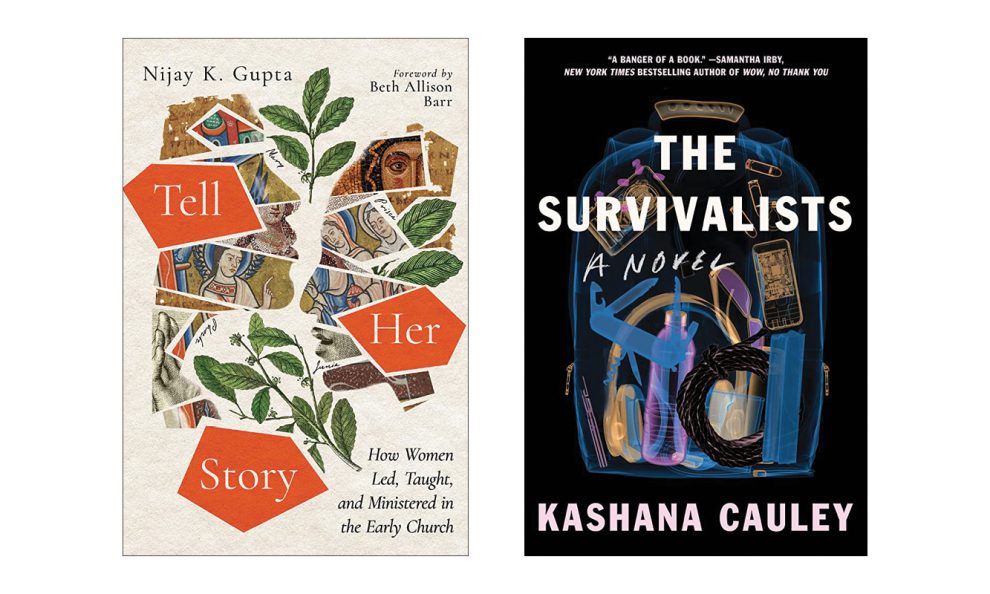
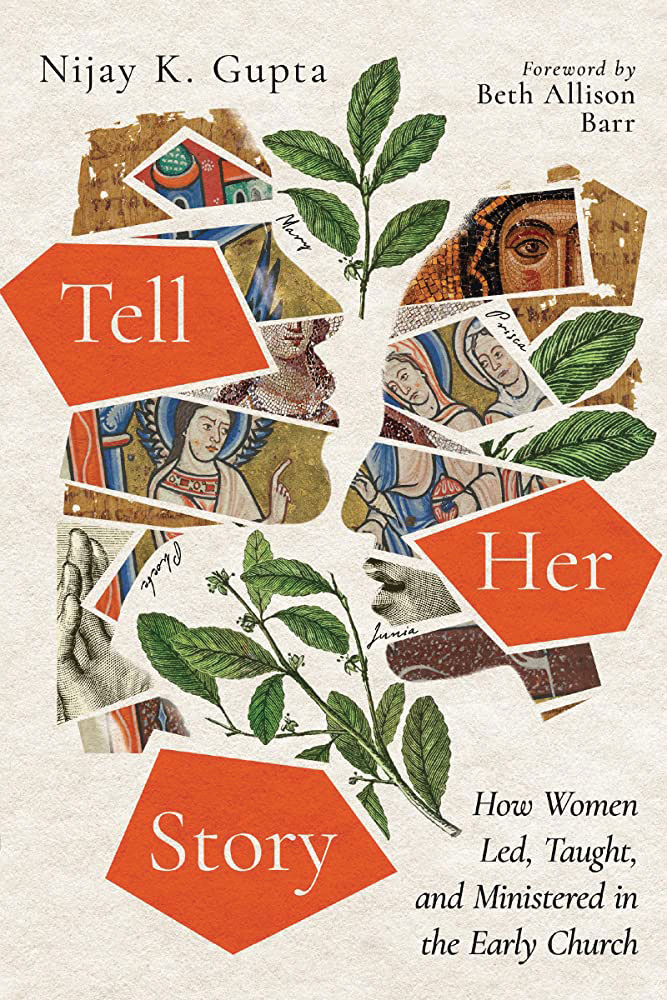
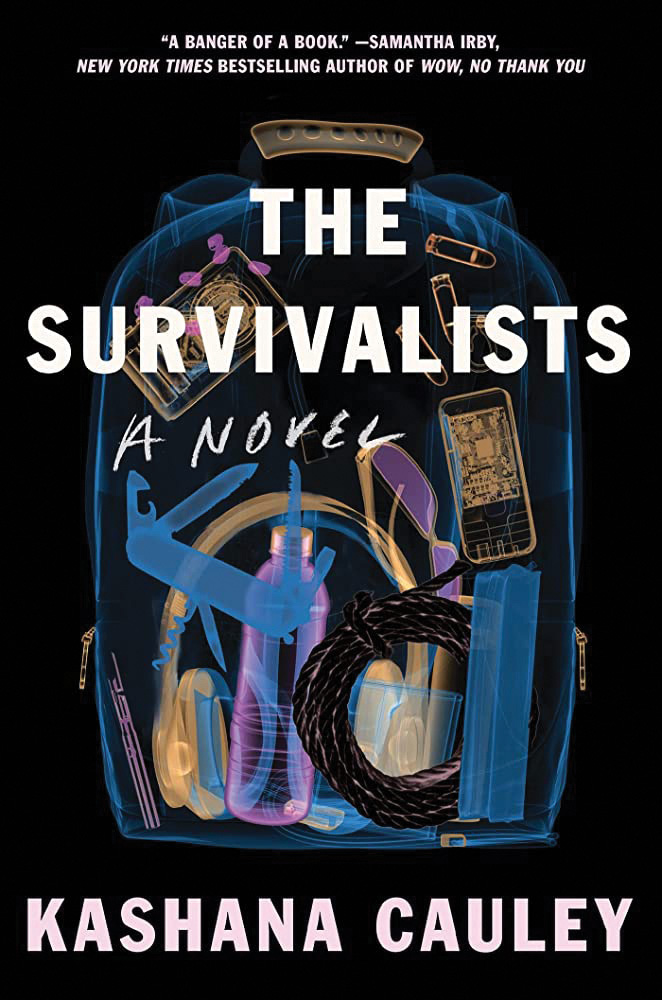
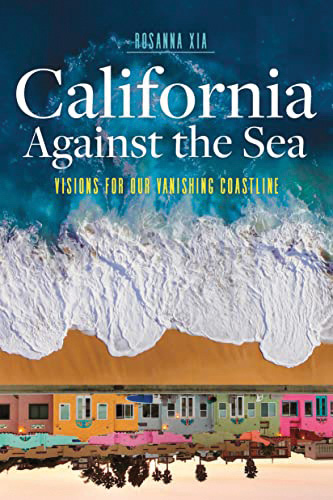
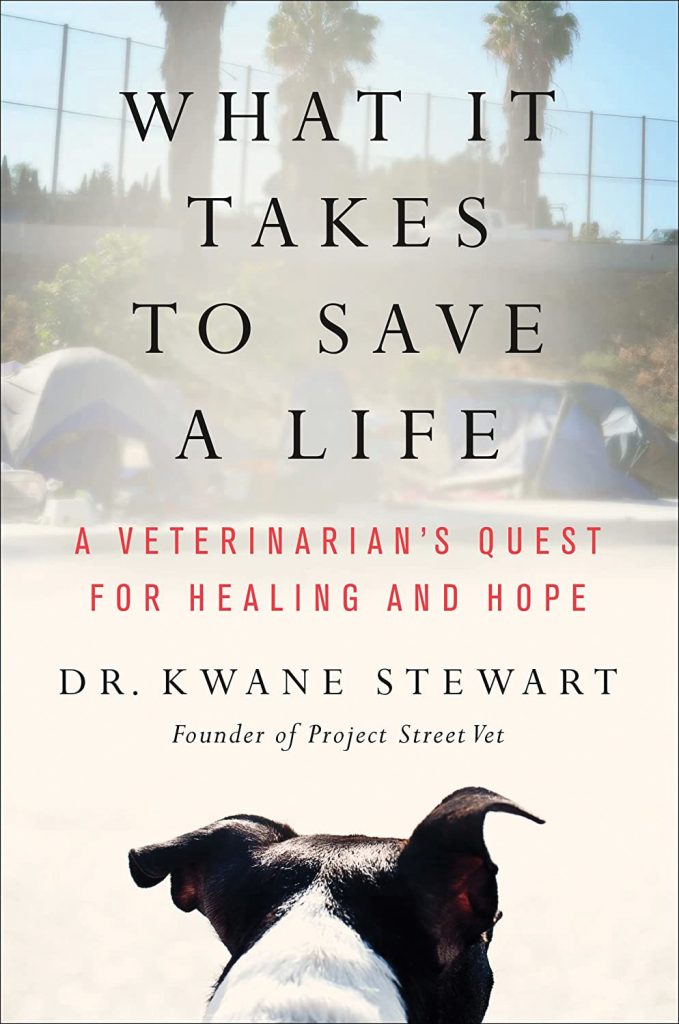
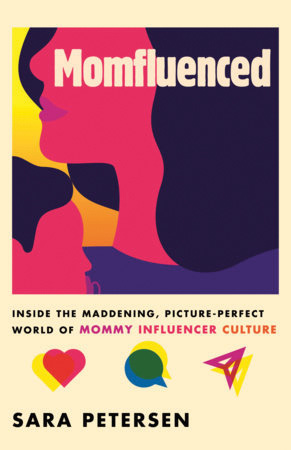











Add comment